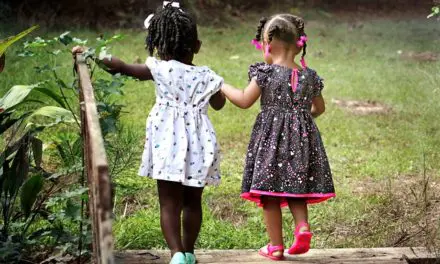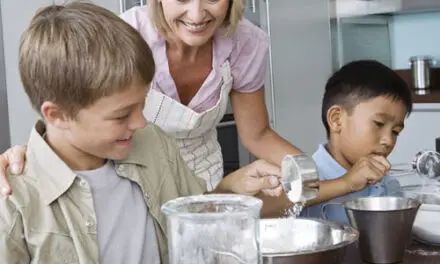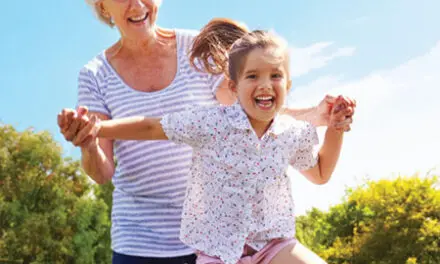by Ken Canfield, Ph.D.
As grandparents, our stable, consistent presence is a great source of comfort for our grandchildren.
Maybe you are blessed to know this from your growing-up years, or maybe it’s something you’re learning now that you’re a grandparent. But it’s true, and it can be powerful. Here’s an example:
Rob and Mindy’s young-adult daughter Emma became pregnant before being married, and when the baby arrived, she moved back home to have some help. Rob and Mindy pitched in as much as they could while Emma found a job and tried to be fully responsible for her new son. Emma also continued the relationship with her son’s father, who came over to see Emma and the baby several times a week.

After some months passed, Emma was expecting again. Then the young couple married and found their own place. Rob and Mindy stayed supportive through it all, and they even allowed the family to move into their home.
But Emma and her husband struggled to get along with each other, and there were many ups and downs along the way. When they were getting along, they would try to make it work in their own apartment. But eventually things would fall apart again, and Emma and the kids would move back in. Eventually her husband would come back too.
This back-and-forth routine continued for several years until Rob and Mindy started a difficult conversation: “Next time you move out, that’s it. This routine isn’t good for your kids.”
All through this, these grandparents have been very aware that they may be the best or the only sources of consistency and stability for their grandkids. And so they continued to work hard at being a reliable, loving presence in their grandkids’ lives.
Now, I’m sure some grandparents read Rob & Mindy’s story and think, That’s crazy. I can’t imagine my child getting into a situation like that. Yet others would undoubtedly respond, That’s nothing. My child’s life is a total mess, and it’s leaving a path of destruction through our entire family.
Sadly, too often grandparents watch their adult children’s lives get off track—due to relationship problems, addictions, and/or a whole host of other issues and poor decisions.
And of course the grandchildren are greatly affected.
Sometimes being a grandparent feels like a balancing act: We don’t want to enable our adult children in any destructive habit or lifestyle, but we also want to do everything we can to love and protect our grandchildren, who don’t deserve the difficult situation that they’re in. These circumstances lead a growing number of grandparents to take in their grandkids and raise them full-time, which brings its own challenges.
So, we can pray they are somehow sheltered from negative outcomes that often happen in troubled family situations. We can also endeavor to become sources of stability and comfort through all the ups and downs—like comforting angels in their lives.
As we develop close bonds with our grandchildren, our very presence can be comforting—especially in delicate situations.
It’s as if we’re telling them over and over, “Don’t be afraid.” “It’s going to be all right.” “I’m here for you.” Through our presence, we can make an imprint on them so that when we aren’t there, they have a distinct memory of how we interacted with them, and they can mentally step back into our peaceful, calm, reliable, comforting presence.
Depending on the family situation and their parents’ habits, our grandkids may desperately need that from us. And if their parents do a great job of providing that sense of security every day, we can add our own expressions of consistent love and support that will be different from that of the parents, but also very valuable.
How are you providing comfort and stability for your grandkids? You can interact about this and other grandparenting joys and challenges on our Facebook page.
This was adapted from Dr. Ken Canfield’s book, The HEART of Grandparenting. Find out more and get your copy here.




